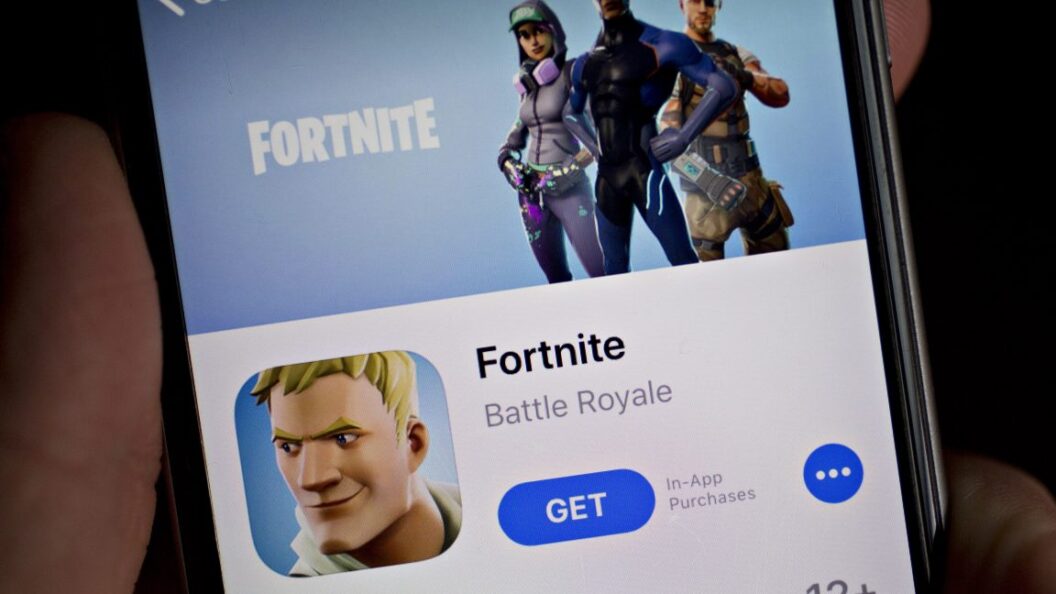Epic Games vs. Apple: Legal Showdown Intensifies
In a high-stakes legal battle that pits Epic Games against tech giant Apple, Epic has filed a motion accusing Apple of retaliating against its efforts to challenge Apple’s App Store policies. The ongoing feud centers around the highly popular game Fortnite and the way in which in-app purchases are processed. Epic’s latest claims have escalated tensions, putting additional pressure on the ongoing court proceedings.
The Allegations of Retaliation
On Friday, Epic Games submitted a filing arguing that Apple’s recent denial of the updated iOS version of Fortnite constitutes "blatant retaliation" for Epic’s legal actions against the company. The motion argues this denial undermines the authority of the court and attempts to circumvent previous injunctions set by the judge. Epic contends that their submitted version of Fortnite complies with all relevant policies and judicial rulings by incorporating a link to the external Epic Games Store for purchases.
By facilitating access to the Epic Games Store, players would benefit from lower prices—a 20% discount compared to Apple’s in-app purchases. Epic emphasizes that the court’s injunction prohibits Apple from rejecting an app based solely on the inclusion of an external payment link.
Legal Background
In its filing, Epic states, "Although Apple’s contracts may permit it to reject an app for lawful reasons, the Injunction provides that Apple may no longer reject an app…because its developer chooses to include an external purchase link." This statement underscores Epic’s stance that Apple’s continued rejection of its app is not only unjustified but also a violation of court mandates.
Epic portrays itself as a victim of punitive actions from Apple following a nearly five-year legal saga, arguing that Apple is stifling competition in the App Store. The company asserts that this behavior sends a concerning message to other app developers, making it clear that seeking judicial relief against Apple may have negative repercussions.
The Court’s Role
This case is now poised to be reviewed by Judge Yvonne Gonzalez Rogers, who has previously expressed skepticism regarding Apple’s practices. In a prior ruling, she chastised the company for its "clear and convincing violation" of earlier injunctions, even suggesting criminal contempt for Apple executives who allegedly misled the court during testimony.
In her April order, Judge Gonzalez Rogers made it clear that "Apple’s continued attempts to interfere with competition will not be tolerated." Her strong statements emphasized that this legal matter is governed by strict judicial principles rather than negotiations, highlighting the urgency of enforcing the court’s ruling.
Significance of the Dispute
The ongoing conflict between Epic Games and Apple not only impacts these companies but also has broader implications for the technology and gaming industries. The outcome of this case could redefine the relationship between app developers and platform holders, particularly concerning commission rates and payment structures. If Epic succeeds in its bid, it could pave the way for more competitive app distribution models in the future.
Moreover, the case raises critical questions about monopolistic practices in digital marketplaces and how they may be regulated. Legal experts are closely monitoring the proceedings, as they could set precedents impacting future disputes concerning app store governance.
As this legal saga unfolds, all eyes are on Judge Gonzalez Rogers and her forthcoming decisions, which could either affirm or dismantle Apple’s current operational paradigms in its App Store. The stakes are high not only for Epic and Apple but also for developers and consumers engaged in the rapidly evolving digital economy.









